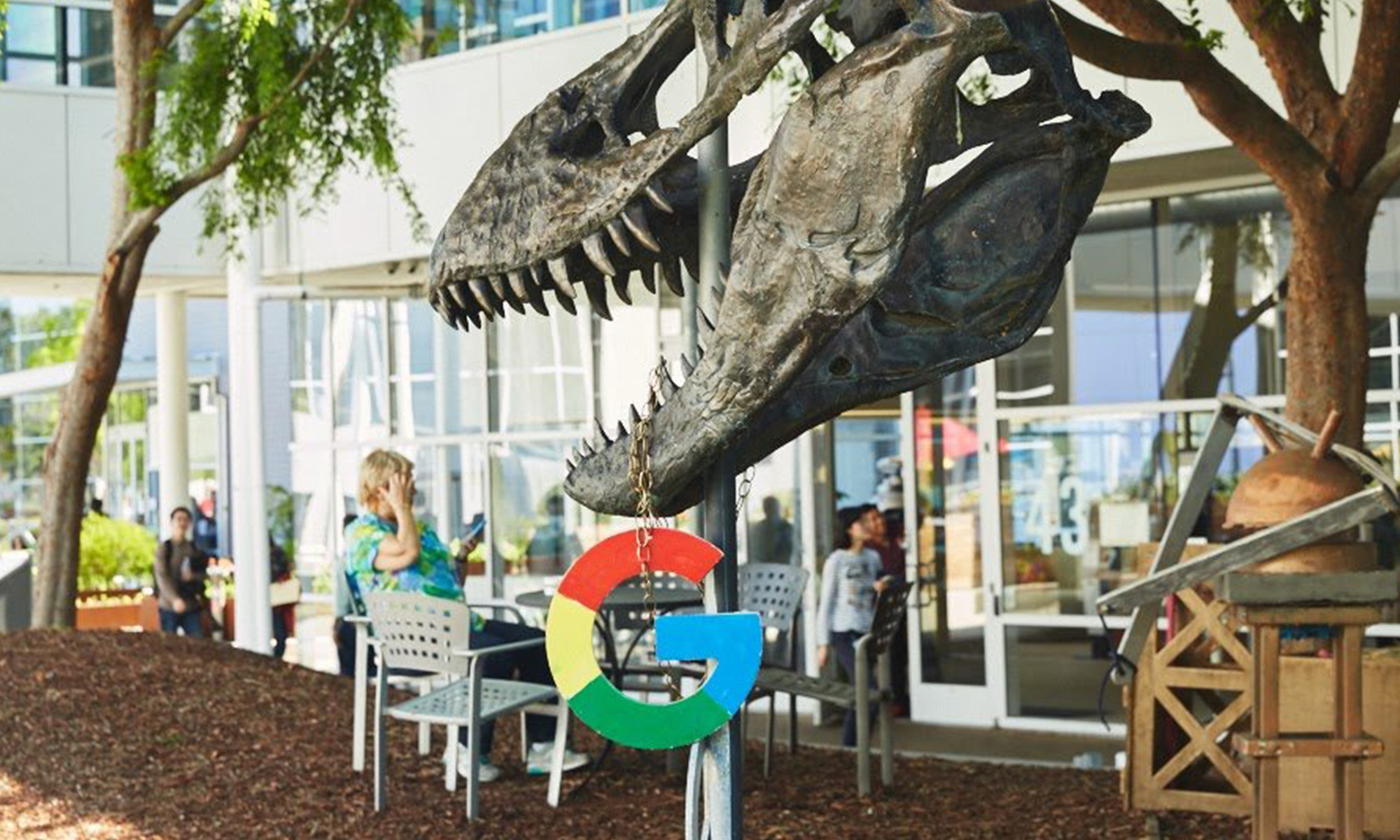This story originally written by Ron Miller at CITEworld. Sign up for our free newsletter here.
There is a two-pronged battle going on today for the soul of the cloud. It involves a struggle for cloud infrastructure supremacy and control of the network pipes, and it involves many of the biggest names in tech, from old (IBM, Microsoft (MSFT 0.09%)) to new (Amazon (AMZN +0.06%), Google (GOOG +1.56%)). As organizations move more data center infrastructure to the cloud, the results of these battles will have a profound impact on your business.
Like every other technology battle we have witnessed over the last 25 years -- whether it was AOL, CompuServe, and Prodigy in the early early '90s; Netscape versus Internet Explorer in the browser wars in the early days of the Web; or the ongoing client computing platform battle among Apple, Microsoft and Google -- the story is the same. We have several dominant players trying to be the one company.
For now, Amazon maintains a sizable lead in the cloud infrastructure business. In fact, some have suggested that Rackspace, unable to compete, could be a takeover target soon.
The Xamarin Maneuver: How Microsoft can win the app store game
But Amazon can't rest easy. Last year IBM bought SoftLayer, an infrastructure-as-a-service (IaaS) provider that gives it serious chops, so much so it actually landed in second place in revenues behind AWS with 7% of the market, based on numbers provided by Synergy research group. Even if you lump IaaS and platform-as-a-service (PaaS) numbers together, Amazon appears to have a sizable lead despite its lack of PaaS offerings.
IBM is trying to make a play for a bigger share of that market using their brand and marketing clout to deliver more customers, but Sharon Wagner, the CEO of cloud analytics and optimization company Cloudyn, thinks Google represents the real threat to Amazon's dominance. He believes Google can leverage its worldwide data centers and parlay that into a serious IaaS business.
Ray Wang, who is a principle at Constellation Research isn't so sure. He told CITEworld that both Microsoft with its Azure platform and Google have the infrastructure to give AWS a run for its money, but he wonders if they had the ability to shift their primary focus, what he called changing their DNA, to make it happen. He wasn't completely convinced they could.
Meanwhile we have the infrastructure players like Verizon weighing in, specifically with Terremark, but in spite of Verizon's networking clout, it so far hasn't made a dent in AWS's market share. In fact, Seeking Alpha, quoting Gartner's Lydia Leong said that very often when Verizon and AWS shared customers, AWS was winning new projects.
"Many Gartner clients now actually have multiple incumbent providers (the most common combination is AWS and [Verizon's] Terremark), but nearly all such customers tell us that the balance of new projects are going to AWS, not the other providers," Leong told Seeking Alpha.
Meanwhile we also have an Internet networking battle brewing as Comcast and Verizon try to control the Internet pipes, which are the means for delivery of all cloud services. If you doubt it, consider reports this week suggesting Verizon was in fact throttling Netflix streaming video, and...wait for it...Amazon Web Services. Comcast is also accused of this, and as a Comcast subscriber, I can say I have noticed Neflix slowing down over the last several months.
While IaaS providers battling for your company's cloud dollars, and network providers battling for control of the pipes might not be the same, they are certainly related and well worth watching as you switch more of your business to the cloud. Eventually a clear winner might emerge, proving one of the pundits right and making your buying decision easier. Until then, it's watch and wait.
More advice from The Motley Fool












